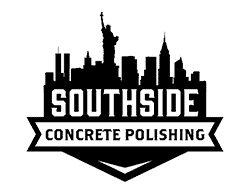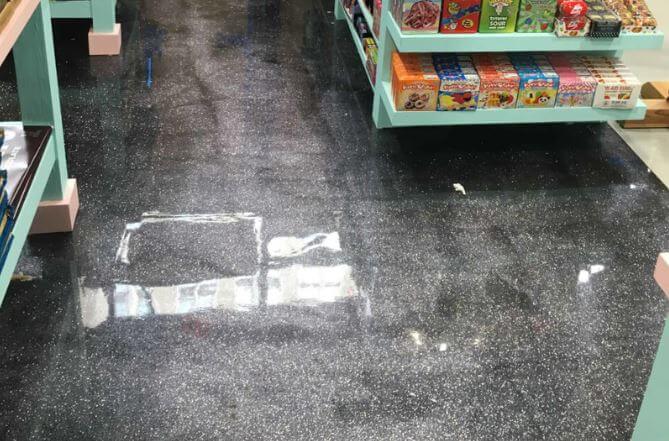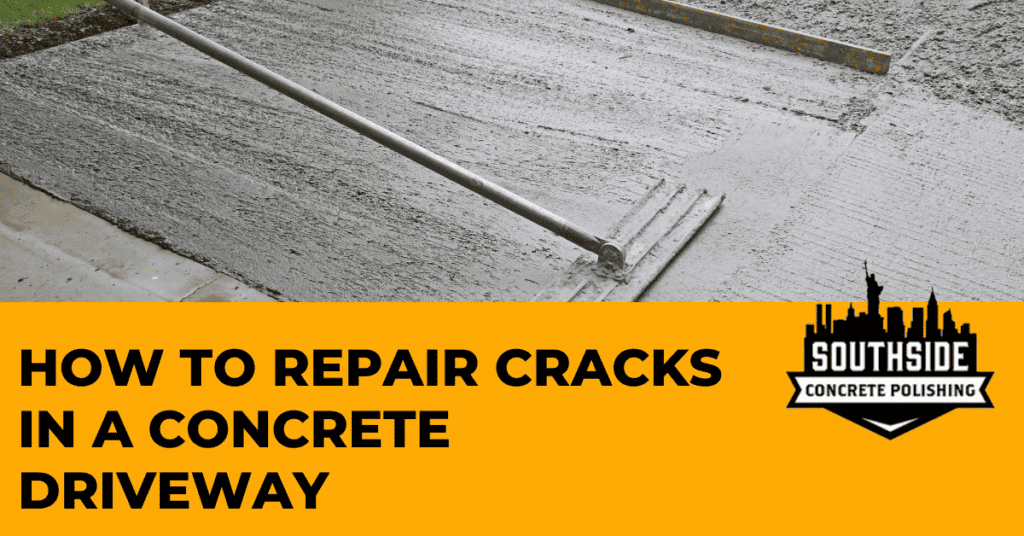Industrial flooring must follow several federal government regulations to be approved by the USDA and FDA regulators. When it comes to food and beverage facilities, the standards are even higher. The floors must demonstrate the capability to handle heavy activities, be safe for the workers, and remain hygienic for the products meant for public consumption.
Given the nature of what the manufacturing facilities produce, the floors need an appropriate coating to maintain high levels of sanitation. In addition to this, the flooring system needs to withstand a variety of elements, including harsh chemicals, moisture, high-pressure cleaning, heat extremes, abrasion, machine vibrations, and human activities.
Epoxy Flooring for Food and Beverage Manufacturing Facilities
Epoxy produces very tough floors that make it a top choice for industrial flooring for most manufacturing plants. It is well known for its resistance to aggressive chemicals and the ability to withstand abrasive cleaning using hot water with high-pressure hosing, yet dries fast. Its durability, anti-slip nature, and easy maintenance are some of the other attractive qualities that make it stand out among its peers.
Epoxies have been installed in food and beverage manufacturing facilities for decades and will stay around for years to come. They are an ideal choice for areas with a lot of human and machine traffic. By the virtue that they don’t slide, you’ll often find them in industrial flooring for stairs and entrances.
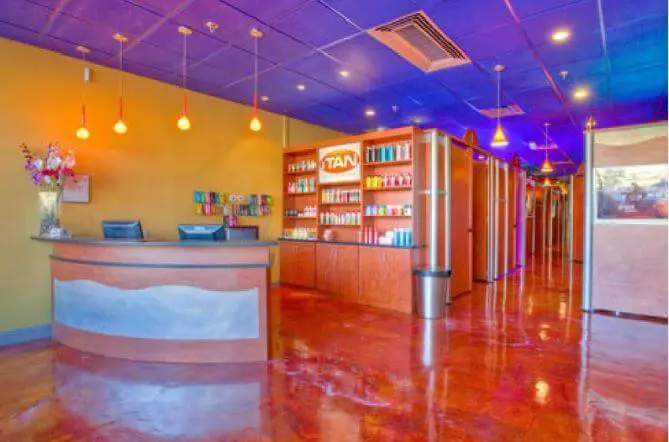
USDA, FDA, and NSF Compliance
The USDA, FDA, and NSF have very stringent rules that guide how food and beverage industrial flooring should be done. Therefore, you want your floor system to check all the boxes when it comes to meeting the local government and federal regulations. Doing this will save you a lot of unnecessary stress and losses to the business.
If the regulators determine that you don’t meet the needed statutory requirements, there are chances that you’ll be fined, closed, or compelled to recall your products because of consumer safety concerns. Some of the reasons epoxy fits this role include:
- It produces smooth surfaces
- Epoxy flooring is easy to clean
- The floors are anti-slip
- Non-absorbent grouting
- Durable flooring installations
Other Flooring Materials for Food and Beverage Plants
Besides helping you pass the strict regulatory checks, the materials you choose for your floors will play a big role in the productivity of your plant. They need to be durable to avoid halting the business operations due to regular damages that might require repairs and replacement.
You see, a manufacturing facility might need floor surfaces that meet a plethora of conditions. And the reason is that activities such as canning, mixing, cold and dry storing will rely on special flooring conditions to excel at their functions.
That said, there are many flooring materials out there that can work well in food and beverage plants. They come in all shapes, sizes, and unique characteristics that might require expert input to help you make the right decisions.
Some of the characters to watch out for when choosing your materials is how well they can resist chemicals, moisture, impact, thermal shock, and all manner of rigorous activities. Other things to factor in include their costs, durability, sanitation qualities, and the maintenance process.
Epoxy triumphs most of its peers because it’s affordable and is cable of withstanding abuse. But besides epoxy flooring, there are floor coatings perform well in a busy manufacturing facility:
Polyureas – This material is what you choose if your flooring experiences a lot of impact and rough activities. They are odorless and work great in low temperatures. Their stretching characteristics make them ideal for surfaces that need bridging.
Urethanes – Urethanes are easy to decorate, don’t release strong odors during installation, and are very durable.
Custom-formulated industrial flooring materials can work great for your plant. The best thing about custom formulations is that they offer specific solutions to specific problems.
Flooring Sanitation is Key
Flooring sanitation can build or break a manufacturing facility because regulatory agencies closely monitor it. You don’t want flooring that can aid contamination and develop unsanitary conditions that could pose risks to the end-users of your products. Sanitation is therefore a critical consideration as you install the plant’s floors and finishing. You want to choose materials that are easy to clean and are impenetrable by moisture & chemicals like epoxy.
Some floors require cleaning using wet substances. Such flooring systems must be watertight and easy to dry to avoid trapping fluids. There shouldn’t be pits, cracks, and clefts in the floors that are potential water entrances. Such flaws could cause the growth of bacteria, mildew, and mold that can easily lead to contamination.
Aesthetics Matter
In the past, most people wouldn’t consider floor aesthetics as part of industrial space. But now we understand the value of aesthetics because we can tie it to the productivity of workers. An attractive manufacturing facility also influences the public relations of your plant.
Using a material like epoxy provides colorful flooring that contributes immensely to how well employees go about their duties. Also, this is a way to communicate to the public that your place is clean and can be trusted to produce safe products for everyone. When you take this route, choose colors that portray a positive image and match the qualities of your brand.
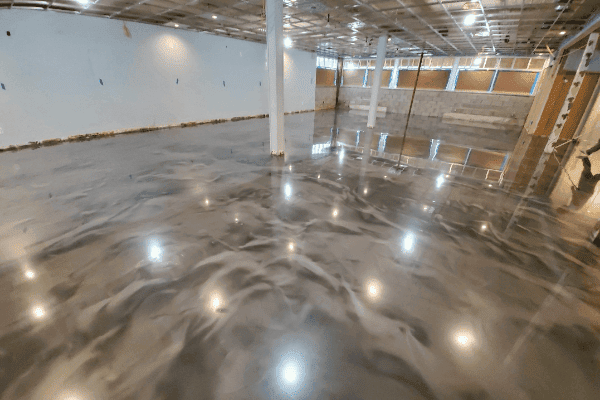
Employee Safety is Critical
Employees are the ones that are going to interact with your floors every day. You don’t want accidents to happen with one of them or anyone else involved. If this happens, you’ll have contributed to messing up their lives and compensate them if there’s proof that you did not adhere to the conditions. So the flooring materials and finishing you choose should guarantee everyone’s safety. The floors shouldn’t be greasy, slippery, sticky, or in any other condition that can cause an accident.
Commercial Flooring Maintenance
In the hands of an expert, epoxy has the reputation of providing superior commercial flooring that is well polished, eco-friendly, and easy to maintain. Besides being easy to clean, you can use hot pressure hosing on them without causing damage. They can also hold well in environments with temperature variations.
Southside Industrial Flooring Solutions
Your floors must demonstrate that they can stand heavy wear, chemical reactions, and still remain safe for users. Attaining these standards is unlikely without the help of an expert. When it’s time to choose your industrial flooring contractors, you want to go for the best in the industry to help you make decisions and install your floors properly. Southside Concrete Polishing comes with a mix of experience and expertise when it comes to epoxy flooring. We have helped many companies to get lasting flooring solutions, and you are next.
Share This Post
